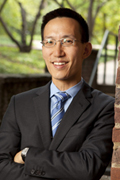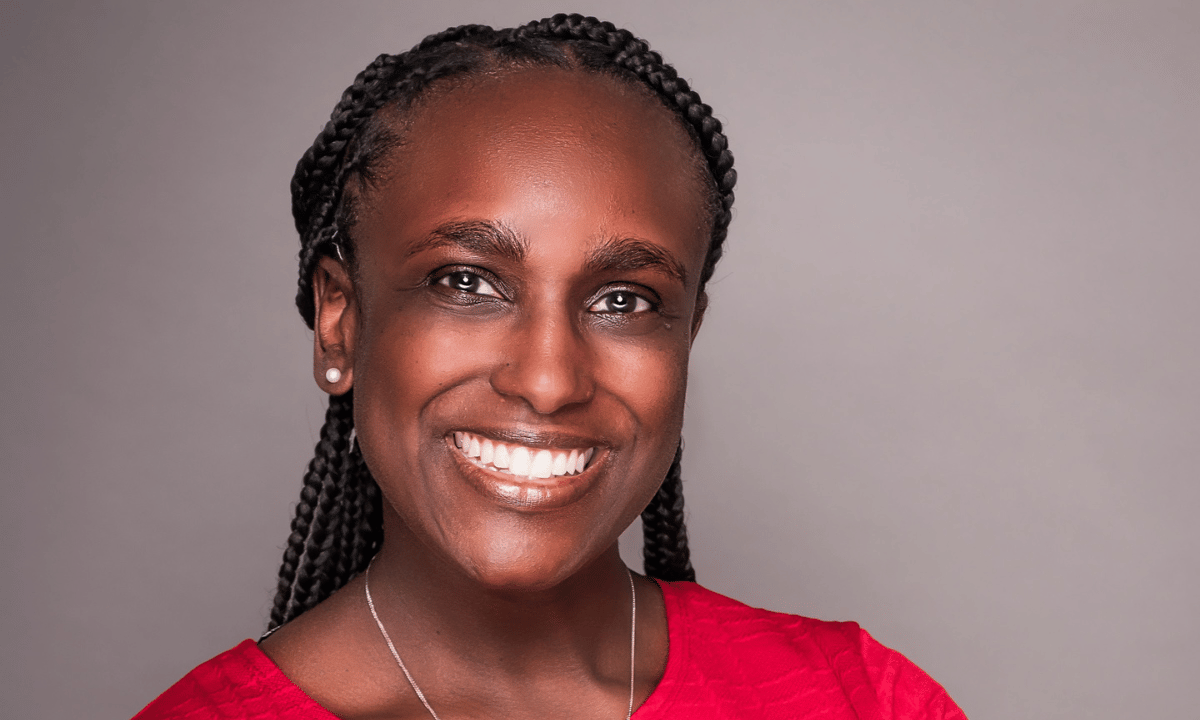 Edward K. Cheng teaches and researches in the field of legal evidence, and he relishes opportunities to interact with other scholars in his field. But traditional ways of promoting new evidence scholarship have always struck him as inefficient. “Faculty workshops serve many important purposes, but they involve a significant investment of time, money and travel for a limited chance to exchange ideas,” he said. “And—at least in the evidence world—other opportunities to present scholarship are limited. The American Association of Law Schools’ annual conference, for example, typically offers one evidence panel featuring four or five speakers on a single topic.”
Edward K. Cheng teaches and researches in the field of legal evidence, and he relishes opportunities to interact with other scholars in his field. But traditional ways of promoting new evidence scholarship have always struck him as inefficient. “Faculty workshops serve many important purposes, but they involve a significant investment of time, money and travel for a limited chance to exchange ideas,” he said. “And—at least in the evidence world—other opportunities to present scholarship are limited. The American Association of Law Schools’ annual conference, for example, typically offers one evidence panel featuring four or five speakers on a single topic.”
Cheng’s search for innovative alternatives that would promote more discussion among scholars of evidence law led him to launch a new podcast, Excited Utterance, this fall. The podcast’s name alludes to a well-known exception to the “hearsay rule” in evidence law, and the format is simple: In each podcast, Cheng interviews another legal scholar about his or her current research. “Our goal is to bring you a virtual workshop every week throughout the academic year,” Cheng said. Preparing for the weekly interviews with other evidence law scholars, he notes, “is a great excuse to do reading I should do anyway.”
Cheng’s first podcast—an interview with Fordham Law School Professor Daniel Capra addressing the implications of electronically stored information—aired Aug. 22. Since then, podcasts have addressed issues with inconsistencies in alibis, the implications of body cameras worn by police officers, problems with the quality of evidence produced by forensic laboratories, and the use of scientific evidence in court, among other topics. Thus far, scholars from the law schools at a number of universities, including Alabama, Connecticut, Florida State, Fordham, Houston, Nebraska, Vanderbilt and Washington, as well as a psychologist from the John Jay College of Criminal Justice in New York, have discussed their work on the podcast. Future podcasts will focus on hindsight evidence, plea bargaining, DNA and other topics, based on interviews with scholars from Chicago-Kent, Northwestern, NYU, Penn and Tulane. Cheng anticipates producing up to 30 podcasts during each academic year.
Excited Utterance already has more than 300 subscribers—more than Cheng had anticipated. “Before I started this podcast, if you had told me I could have 150 people as my audience, I would have been very happy,” Cheng said. “That’s a bigger audience than any gathering of evidence scholars in the country.”
One of Cheng’s goals was to make the podcast a “trans-institutional” production, in keeping with Vanderbilt University’s emphasis on collaboration across schools. Excited Utterance’s production editor is Vanderbilt University junior Carsen Smith, who is majoring in cinema and media arts. Alex Nunn ’16, a law clerk for Judge Karen LeCraft Henderson on the U.S. Court of Appeals for the D.C. Circuit during 2016-17, provides research assistance. The podcast is funded in part by a microgrant from the Vanderbilt Institute for Digital Learning, which enabled Cheng to buy professional quality sound equipment, and in part by the law school’s Branstetter Litigation and Dispute Resolution Program. The introductory music, from Bach’s Sonata No. 1 in G Major for Viola de Gamba, was played by Blair School of Music’s Children’s Cello Choir, directed by Kirsten Cassel Greer, an adjunct artist and cello teacher at Blair. “I really wanted the podcast to showcase the wide range of talent we have at Vanderbilt in terms of institutional resources, faculty and students,” Cheng said.
Cheng conducts interviews for his podcast in person whenever possible, but most are conducted via Skype. “They’re expositional interviews,” he said. “My main purpose is to give these authors a forum to share the main point of a current research project and offer the listeners some insights about it.”
Cheng hopes the podcast will make scholarship focusing on evidence law—a broad category that Cheng expansively defines as including any topic that “contributes to greater accuracy in or understanding of the legal proof process”—more accessible to a wider audience. “A lot of research gets lost in journals because people have to invest the time in finding and reading lengthy articles,” he said. “Our listeners can become exposed to a wide variety of evidence research in 25 minutes a week, perhaps while they’re commuting or doing household chores. It’s a new format through which the ‘evidence community’ can connect.”
